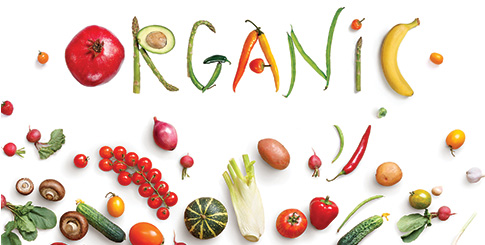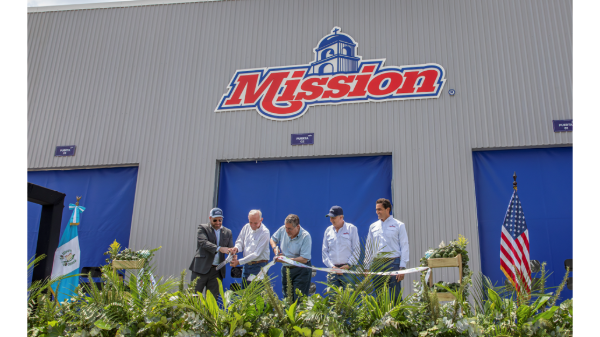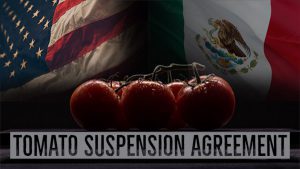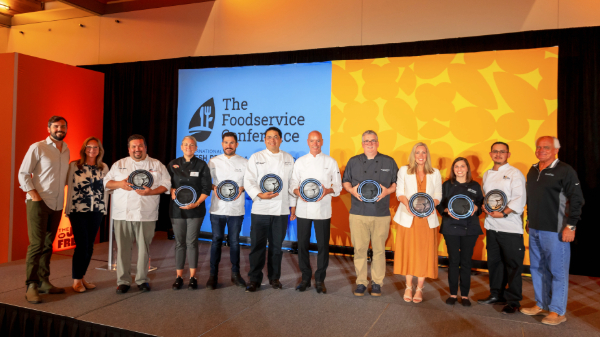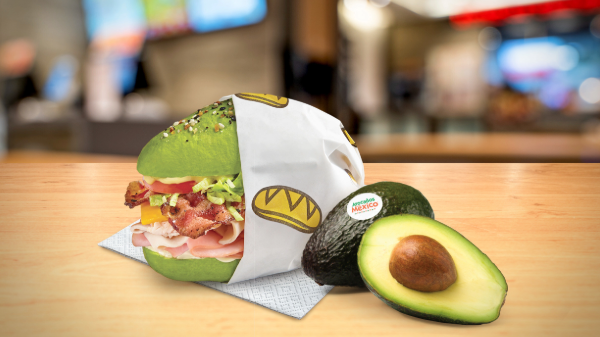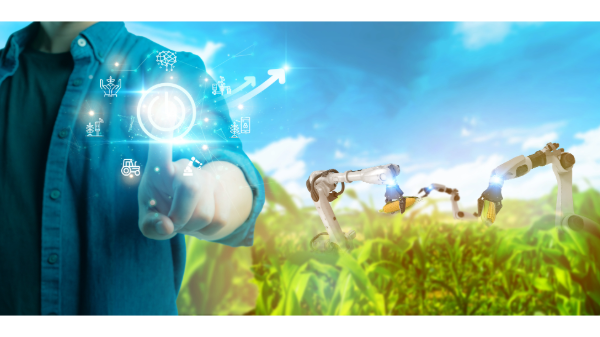
Artificial intelligence is advancing across the produce industry at breakneck speed, and the industry is working to keep up with advancements.
“There are likely many other ways it will benefit us that we don’t even realize today,” says Brianna Shales, marketing director at Wenatchee, WA-based grower-shipper Stemilt Growers, LLC BB #:113654.
Paul Pappas, president of wholesaler Pete Pappas & Sons, Inc. BB #:100956 in Jessup, MD, says AI will minimize human error, especially for what he calls the subjective part of grading. “One person sees product one way, and another sees it another way,” he notes.
And although AI likely won’t replace U.S. Department of Agriculture inspectors, perhaps it will bring some improvements, speculates Pappas.
“Maybe it will enhance the system, but things like soft bruising have some development to go,” he says. “It can potentially be done, even with using AI or different equipment.”
To all, the potential of AI is vast and varied, but Garland Perkins, senior manager of innovation and sustainability for Vancouver, BC-based grower-shipper The Oppenheimer Group (Oppy) BB #:116424 says the pace of change and complexity of the problems might not be linear.
“Although AI may not solve all issues immediately, we can expect significant advancements over time,” she observes. “The unique and ever-changing challenges in agriculture pose some uncertainty in predicting the exact path of transformation.
“As we overcome these challenges and develop more sophisticated AI applications, we can anticipate increased efficiency, sustainability, and profitability in the agriculture sector,” she concludes.
“The ROI can easily be determined; however, without the right strategy and partners, and without developing technical requirements, companies can end up making large investments in what end up being short-term solutions.”
This is an excerpt from the Applied Technology feature in the November/December 2023 issue of Produce Blueprints Magazine. Click here to read the whole issue.



